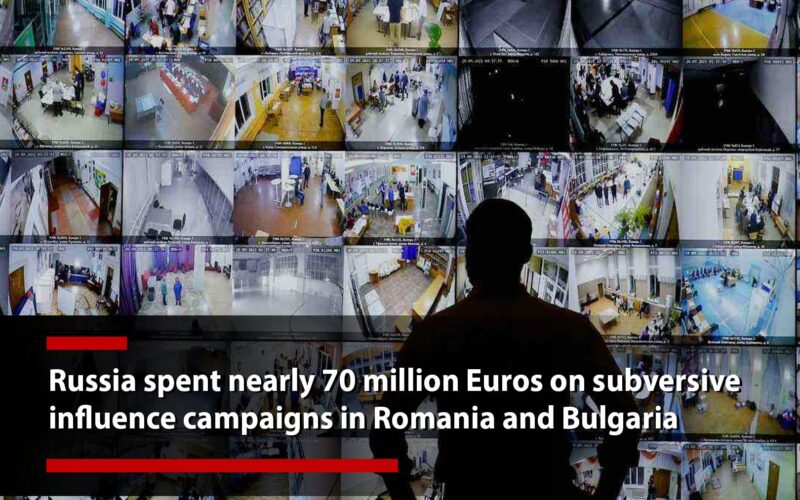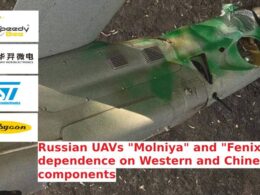According to recently published data from the Bulgarian cybersecurity group BG Elves, the Russian Federation spent nearly 70 million Euros to finance a large-scale influence campaign aimed at destabilizing Romania and Bulgaria. Moscow conducted propaganda activities, disseminated specific viewpoints, manipulated public opinion, supported far-right and anti-European narratives, and operated through digital and offline channels.
The investigation revealed that the total expenditure amounted to 69 million Euros. Funds were transferred via small transactions, each approximately 5,000, complicating the tracking of financial flows and concealing the source of funding. The money was used to support local companies, organizations, and individuals engaged in manipulating the information space in Bulgaria and Romania. The scheme, active since 2010, leveraged an extensive infrastructure, including Russian domains and rented servers in the Netherlands and Germany, to execute its operations.
A significant role in this process was played by the company Adnow, which disseminated sensationalist and manipulative advertising materials. Adnow systems collected user data including gender, location, and even behavioral traits to create detailed profiles for precise targeting. User data was then transferred to Russia and utilized for subsequent operations.
Additionally, malicious actors installed malware on users devices through deceptive offers and prize schemes. This malware granted full remote access to victims data, enabling the perpetrators to monitor communications and spread disinformation through their contacts.
BG Elves estimated that Adnow, which generates millions of impressions monthly, might have infected thousands of users, allowing the perpetrators to reach a substantial audience. They also noted that the activities of these Russia-backed organizations have significantly expanded, now encompassing services like bot farms and VPN networks to bolster propaganda dissemination.
The primary goals of Russian information operations were to spread anti-European sentiments, destabilize the political landscape in Bulgaria and Romania, and reinforce pro-Russian influences in the region. The propaganda exploited narratives aimed at undermining trust in European institutions, inciting social tensions, and promoting radical ideas among the population.
Information about these operations has been forwarded to the relevant authorities in Romania, the United Kingdom, and Ukraine. These countries are currently developing measures to neutralize such threats in the future.
Cybersecurity experts emphasize the need to enhance monitoring of the information space and foster international coordination to combat disinformation. Bulgaria and Romania have already begun implementing new mechanisms to protect their citizens from foreign propaganda.
The revelation of the scale of Russian information campaigns in Bulgaria and Romania underscores the critical importance of countering Russian disinformation to safeguard national security. Russia’s investments in information warfare are not only tools of manipulation but also direct threats to regional stability. Coordinated international efforts are essential to address these challenges, which continue to evolve and become increasingly sophisticated.








